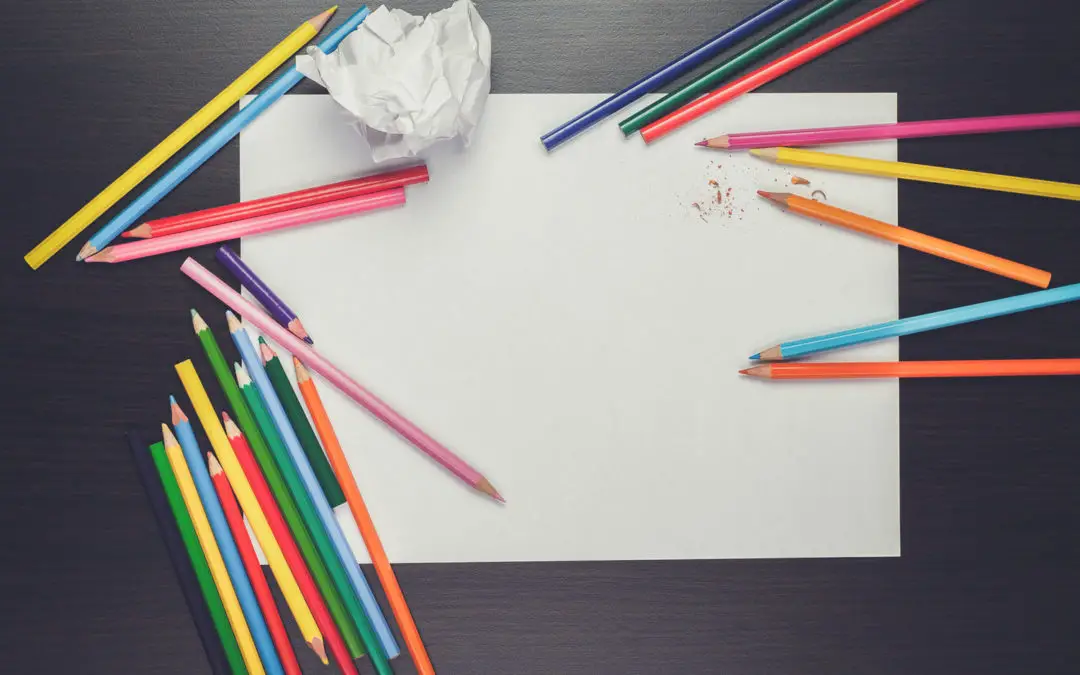There’s a common misconception in our society that in order to achieve great things, you must work as hard as you can. There is a belief that hustle and dedication are the key components to achieving great things, and that anything other than that will detract you from success.
While I agree that dedication and input are vital to productivity, giving yourself time to relax, meditate, and even allowing yourself to daydream are just as important. Sadly, these things are often overlooked by the collective mindset racing towards the finish line.
Some people believe that any kind of downtime equates to procrastination. I believe that you can optimize that procrastination time to benefit your work, and yourself emotionally and mentally. Use it to feed your mind and boost your creative process through meditation and mindfulness.
Let me explain.
Creative work comes from the action taken upon receiving inspiration. Creative people don’t just hang around waiting for inspiration to strike. Truly successful people know that the act of sitting down to work day in and day out is essential to getting things done.
As William Faulkner famously said, “I only write when I am inspired. Fortunately, I am inspired at 9 o’clock every morning.”
Creativity comes from the ability to discipline yourself to do the work, but it also comes from giving your mind and your body space to breathe in order to tap into those moments of inspiration and creative thought. You have to find a balance between intense focus and freedom of thought.
This is where meditation becomes helpful.
Meditation and Creativity

Meditation encourages us to connect to inner stillness, the quiet voice within. I believe that creativity stems from that same inner sense of self. That deep well of knowledge that lies within us all. With regular meditation practice, you develop an increased awareness of this connection and you strengthen your self-belief, inner knowing, and trust. With that comes confidence in your own voice and faith in your ability to express your truth.
You have the drive and self-belief to explore and follow creative ideas that occur to you.
Think about it, your best ideas have probably come to you when you were doing something else, not staring at your computer screen or blank page or canvas trying to form an idea with sheer will. Spontaneity and creativity are linked. Forcing yourself to find an idea or a thought that works are painful. Inspiration comes free when you least expect it. Most creative work is actually done when you are not focused intently on trying to find the solution to some creative problem.
Meditation Increases Focus
Studies show that people who meditate receive psychological and cognitive benefits. Meditation enhances your memory, improves learning skills, and your ability to sustain attention. In our fast-moving world, we are all in dire need of that inner stillness.
True productivity is the knowledge and ability to use time wisely and get things done effectively. Many people get overwhelmed by their workload and spend more time and energy worrying about it than getting it done. Meditation increases your ability to focus on one thing at a time, and with repetition, you will rewire your brain to naturally concentrate better.
Meditation Increases Energy
Meditating for a few minutes in the middle of your workday is like taking a long, cool drink of spiritual energy. The calming, grounding effect of meditation can boost your energy in a way no caffeine can. It will give you a renewed sense of motivation and passion that you can direct towards your work.
Scientific Facts That Link Creativity and Meditation
An interesting discovery was found by Neuroscientists studying creativity. They saw that the creative process always involves the entire brain, not just a single brain region or specific side, right or left as is often purported. Meditation also activates all areas of the brain. When we sit down to meditate, just like when we think creatively, the entire brain is in communication with itself.
The two seem inextricably linked. Meditating regularly means practicing that whole-brain communication, that harmonious state that is essential for creative work.
How Can You Apply It To Your Life?

I believe that adding a meditation practice into your daily schedule will increase your creativity and productivity. A coherent mind and body is far more likely to create fresh and new ideas than one that is tired, overworked, and stressed out from all the effort.
Consider taking regular meditation breaks, so that when you think you are procrastinating, you are really tuning into your deep inner knowledge and sense of self. If you don’t want to actually meditate, you can still integrate meditation-like activities into your day.
Why not go for a stroll and practice walking meditation? Some people might find taking a bath or shower helpful, or you could involve yourself in some other kind of focused activity like gardening, cleaning or baking. Allow yourself that free time to procrastinate.
Even if you simply enjoy staring out of the window, focusing on external sounds or watching the wind blow in the trees. You are giving your mind those invaluable moments of quiet and calm that will reset your brain.


This is really helpful to me and all the things that my guiden angel told me it’s true l thank god for sending you it’s also makes me feel better God bless you so much and I hope everything in my life will change